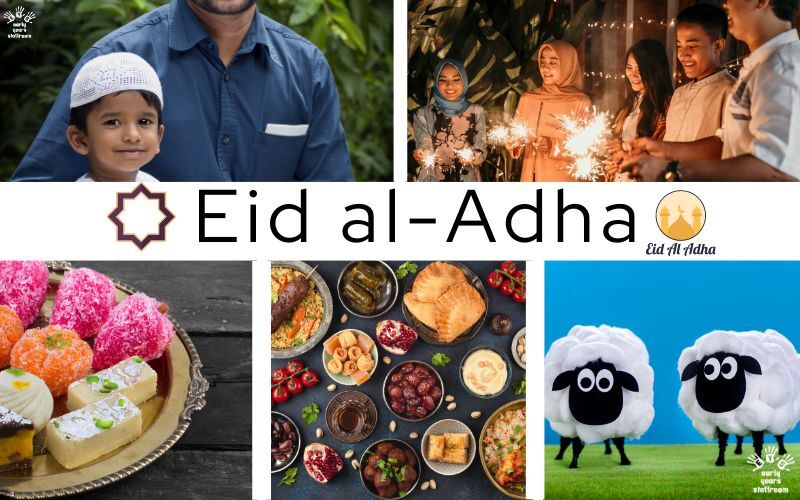

Eid al-Adha, also known as the Festival of Sacrifice, is an important Islamic holiday that commemorates the willingness of the Prophet Ibrahim (Abraham) to sacrifice his son as an act of obedience to God.
Celebrating Eid al-Adha in your early years settings can help introduce young children to the festival’s significance and promote understanding and respect for different cultures and religions.
Here are some ideas for learning about and celebrating Eid al-Adha in your early years setting:
Art and Craft: Create art projects inspired by Eid al-Adha, such as designing greeting cards for family and friends, making paper lanterns or decorations, or creating collages using images of mosques, prayer mats, or traditional Eid al-Adha foods.
Food and Cooking: Introduce children to traditional Eid al-Adha dishes by organizing a small feast or a cooking activity, ensuring that all ingredients and practices adhere to dietary restrictions and cultural sensitivities. Always be mindful of food allergies and preferences.
Circle Time Discussion: Talk about the traditions and customs associated with Eid al-Adha, such as praying, feasting, and giving to those in need. Encourage children to share their experiences or knowledge about the festival, if applicable.
Role Play: Set up a role-play area that reflects aspects of Eid al-Adha celebrations, such as a pretend mosque, a dining area for a feast, or a space for gift-giving. Encourage children to engage in role-playing activities related to the festival.
By incorporating Eid al-Adha celebrations into your early years setting, you can introduce children to the festival’s significance, foster understanding and respect for different cultures and religions, and promote a sense of inclusion and diversity.